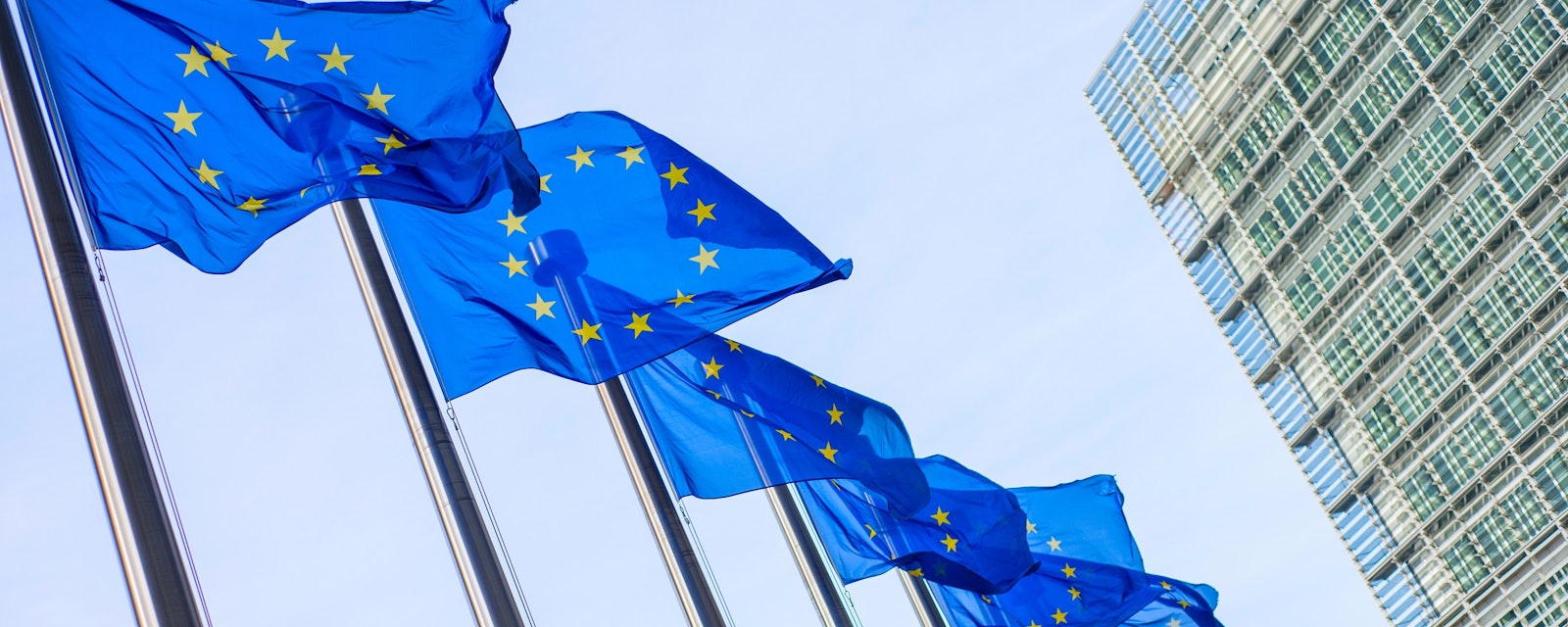The European Commission will launch a new Economic Security Strategy next month, which is expected to touch on issues such as inbound and outbound investment screening and export controls.
Brussels is further aligning its approach to China with Washington, but there are structural and political limits to how far the EU can go in monitoring and restricting economic and investment flows with China at this stage. While the EU's emerging geoeconomic framework does not necessarily entail an outright shift toward protectionism, the state's role in scrutinizing trade and investment flows is only bound to expand.
The conclusions of the G7 summit held last week pledged to promote "global economic resilience and economic security" by fostering greater coordination to protect supply chains and critical infrastructure, countering economic coercion by third countries, and preventing "cutting-edge technologies" from being used for military ends. In practice, the text signals an increasing alignment between G7 countries on how to deal with China. However, the apparent consensus on pursuing "derisking" rather than "decoupling" as advocated by the EU might still hide a different willingness and ability to strain economic ties with Beijing.
Developing Geoeconomic Muscle
As highlighted in previous pieces, the EU has been developing a patchwork of tools to allow itself to act unilaterally in a world with a rising weaponization of economic relations. These measures include, among others, instruments to counter episodes of economic coercion and the negative effects of foreign subsidies on the single market, and an initiative to ensure reciprocity in the access to international public procurement markets.
The changing perception of China among EU elites is inextricably linked to the development of these tools. With Brussels becoming progressively more hawkish towards Beijing, the European Commission is set to give another boost to its geoeconomic framework by presenting an "Economic Security Strategy" by the end of June. While little detail is available on what the strategy will include, it is allegedly likely to touch on issues such as the EU's approach to outbound and inbound investment screening and potentially push for the harmonization of export controls.
By pushing for stronger policies in these areas, Europe seems to be getting closer to the US approach to how to deal with Beijing. However, the EU faces structural and political obstacles to developing policies that will go as far as Washington's in monitoring and restricting economic and investment flows with China. Moreover, the actual adoption of tools in the abovementioned areas will likely take some time.
Consensus is Difficult
The debate around foreign investment screening provides a good example of the challenges ahead. The EU agreed to create a common investment screening mechanism (ISM) in 2019. However, the framework only provides for the exchange of information between member states, leaving the ultimate decision on whether to veto a transaction in the hands of national governments. While this design was aimed at reducing the political resistance of certain capitals, a recent evaluation of the ISM by the OECD has put into question the effectiveness and efficiency of such an approach.
With the Commission expected to produce its own assessment of the current system by October, Brussels might try to make the current mechanism more forceful, which would lead to another round of difficult negotiations with member states, given several capitals are worried about how such a change would affect their ability to attract foreign investment.
The discussions around developing a "targeted" instrument to screen outbound investment, as announced by Commission President Ursula von der Leyen in her 30 March speech, are likely to prove equally challenging given the reluctance of certain member states to move down such a path. The upcoming meeting of the Transatlantic Trade and Technology Council on 30-31 May might provide a signpost on how the proposed instrument might look, as the EU and the US are said to be working on coordinating their approaches to outbound investment screening.
Meanwhile, the recent decision by the Netherlands to apply export restrictions to deep ultraviolet (DUV) lithography machines has raised questions about the need to develop a common EU framework for export controls, which remains a competence of member states. However, given the integrated nature of the EU single market, a decision by a member state might affect the others, for instance, if the country targeted by the restrictions retaliates. It is unclear whether the Commission will commit to delivering new legislation to harmonize the existing regime. In any case, the timeframe for adopting a regulation on the issue would be constrained by the European Parliament elections to be held in 2024.
A New Era
The EU's emerging geoeconomic framework is largely the result of a reaction to the behavior of other superpowers. As such, it does not necessarily entail an outright (and willing) turn toward protectionism. The adopted instruments are mainly designed to deter third countries from weaponizing economic relations, and Brussels remains committed to negotiating and ratifying free trade agreements with other countries and regions.
At the same time, the direction of travel suggests that economic security considerations will continue to rise in importance, which means the state's role in scrutinizing trade and investment flows is only bound to expand. Moreover, a potential deterioration of the geopolitical context (e.g., if a less EU-friendly president is elected in the US in 2024 or if renewed frictions emerge with China) would only empower those in Europe calling for more interventionist measures, for instance, regarding industrial policies.





